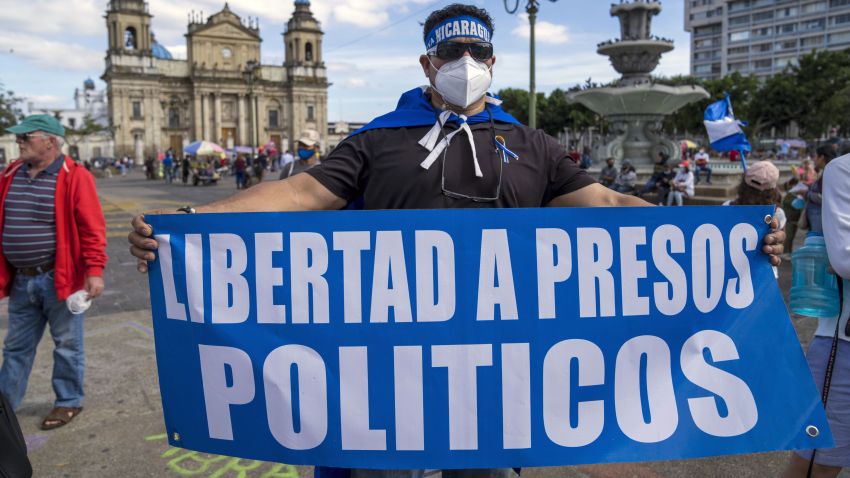Nicaraguan President Daniel Ortega and his regime, which is now entirely centered on his own family, have long had a contentious relationship with democratic countries, particularly the United States and Western Europe. But in the past few days something has shifted. In a series of diplomatic moves that seemed downright pugilistic, Managua took jabs at the European Union and the U.S., as well as at some of its Latin American neighbors and even the Vatican.
It seems the Ortegas have settled on a new international strategy, possibly expecting that it will bolster their continuing efforts to strengthen and perpetuate their dynastic hold on power.
Last Wednesday, Nicaragua’s Foreign Ministry summoned Bettina Muscheidt, the EU’s envoy to Nicaragua, to inform her she been declared “persona non grata” and would have to leave the country in short order. The decision came after the EU had urged Nicaragua to “restore” democracy and free its political prisoners.

